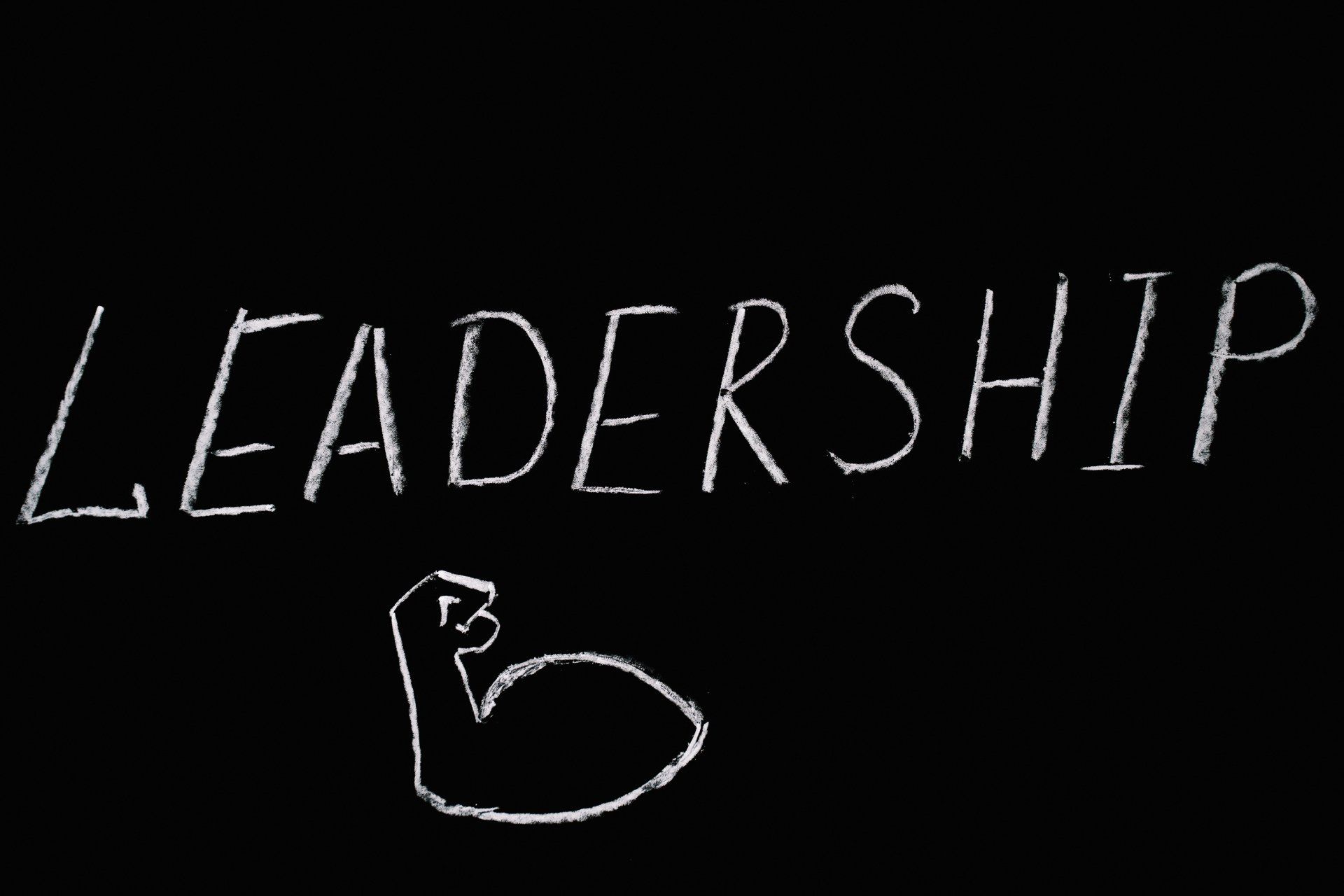How can hospitality CEOs find hope?
With multi-faceted challenges facing hospitality leaders today, it is fair to say that it’s tough at the top

The traditional approach to leadership is becoming less effective, what got you here may not get you to where you want to be in the future. Immediate priorities for the European hospitality sector include managing the inflationary pressures and streamlining operations to manage labour costs and efficiencies.
The European Hospitality Industry Outlook survey by Deloitte in 2023 found that 83 percent of hospitality leaders surveyed stated that rising costs and labour shortage were the key risks to growth respectively. Leaders must also adjust their business strategies to cater to a more price sensitive, digital savvy consumer. They must keep on top of these trends so that they can anticipate their changing demands and behaviours.
Embrace new opportunities
While our guests are looking for new and more authentic experiences and memorable products and services, they also still want value for money and exceptional quality. Today’s customer is more conscious of the green credentials, and this can influence their choices. Eco-friendly initiatives are often embraced, and sustainability welcomed, and this can result in more efficient and cost-effective operations and a reduction in your carbon footprint.
CEOs who thrive embrace change, evolve their leadership and show their team how to adapt to changing customer expectations, while meeting the need for greater sustainability.
Sharpening your own leadership skills, gaining fresh new perspectives and becoming more self-aware will enable you to be an inspiring and effective leader who can meet the changing expectations of your team. Finding staff and qualified managerial talent is a major issue. Combine this with the cost-of-living crisis and a sustained top line and profit growth become key issues facing leaders in the sector.
Putting people first
So, what are some strategies to achieve continued growth and high-quality service in this difficult landscape? Putting your people at the heart of your organisation is key – placing as much importance on looking after your team, the internal customer, as your external customer. Ensuring prioritisation of employee well-being and mental health and supporting them though the current uncertainties and the cost-of-living crisis is essential. Building a favourable organisational reputation for fair remuneration, a great culture, a respectful, positive and inclusive workplace where individuals and teams are valued and appreciated, will go a long way. Employees are seeking opportunities to learn, grow and to progress.
Engaged employees stay with a great employer, they promote their organisation to friends, family and their wider network and they are far more productive because they are experienced, motivated and well trained.
On the flip side, staff turnover is very expensive, recruitment increasingly difficult and staff shortages cause team and management burnout and a poor customer experience. This strategy and commitment must be led from the very top; it takes investment, focus and determination. All of this is easily measured by key performance indicators – staff retentions, employee engagement scores, time and cost to recruit and customer feedback; ignore them at your peril.
"Putting your people at the heart of your organisation is key"
Work ‘on’ and not just ‘in’ the business
CEO and business leaders are human, and leadership can be a very lonely place. Having an external confidential sounding board enables leaders to see the way forward with clarity and focus. As a global executive coach, I help my clients to work ‘on’ and not ‘in’ their business – getting out of the weeds and taking a strategic helicopter view of their current issues and business opportunities. Getting a fresh perspective and working thorough your options in a trusted but confidential setting can be invaluable. Embracing the advancement in digitalisation and artificial intelligence is key, today’s world is extremely fast paced. While hospitality is often considered a bit more traditional and detail focused, technology can support a seamless guest experience through digital bookings, online check-in and payments.
Invest in more than makeovers
Investment in your team is just as important as investment in the physical product of your business. I am often amazed how businesses will think nothing of spending millions on design and refurbishment programmes for their hotel, but very little on staff training, management development or staff welfare activities. This is a time when we all need to build our resilience, have a positive work-life balance, and effectively manage stress. This begins at the top, so ensure you lead on positive practices and set reasonable expectations of your team. Having a vision that is shared with all the team creates a sense of ownership and shared goals, fostering collective accountability and a good sense of teamworking – working together to achieve something tangible. Without this teams can lack focus and members may question their role and purpose in the organisation. Investing in and ensuring the wellbeing of your staff is key, because it is your staff who will bring guests back.
Retaining talent (and guests)
There are a number of things you can do to help retain talent and keep guests coming back. Involve your team in the decision making – your leadership team will, by the nature of their varied roles, background and experience, will provide different ideas, solutions, and perspective. They will bring positive conflict – healthy debate – to the table. Pay your staff appropriately. Demonstrating how you value your employees will result in a motivated and engaged team that will do and give their best to your guests and to your organisation. Pay them less than the market or what they are worth, and they will only stay until a better opportunity comes along. When attracting talent it is important to consider the full value of your offering, not only the salary and benefits, but the culture and opportunities for progression. These are all deciding factors when choosing an employer in which to entrust your livelihood and your future. Don’t stand still when the world around you is changing at a rapid and dynamic pace and global competition is fierce. Organisations that prioritise their employees recognise that everyone in the organisation has a key role to play.
For more information on Debbie Taylor leadership coaching visit: www.debbietaylorleadership.co.uk








